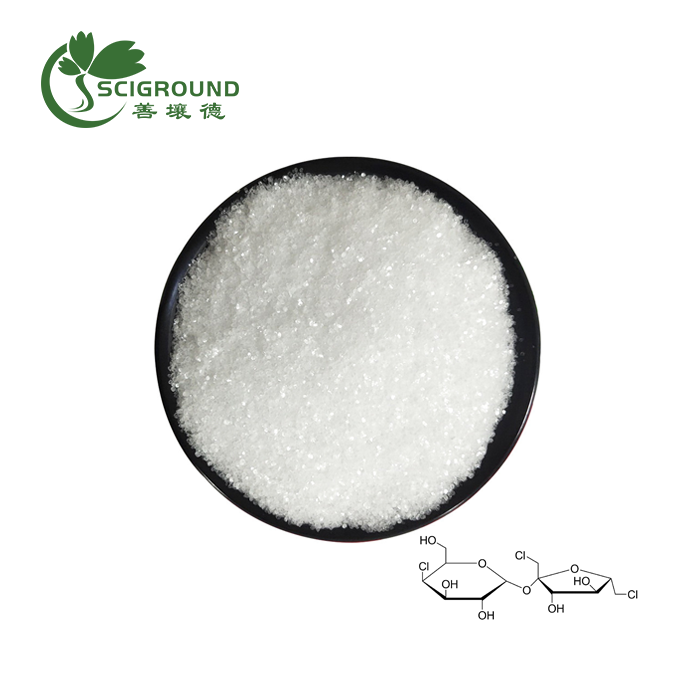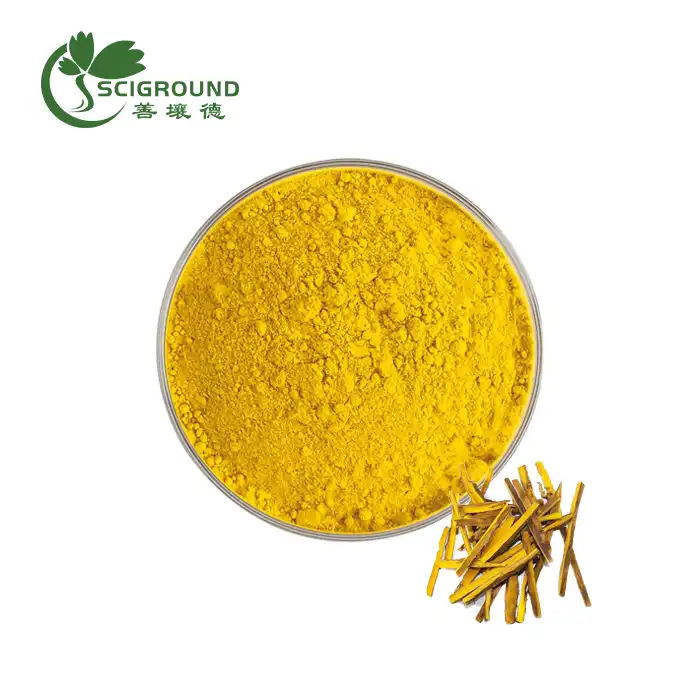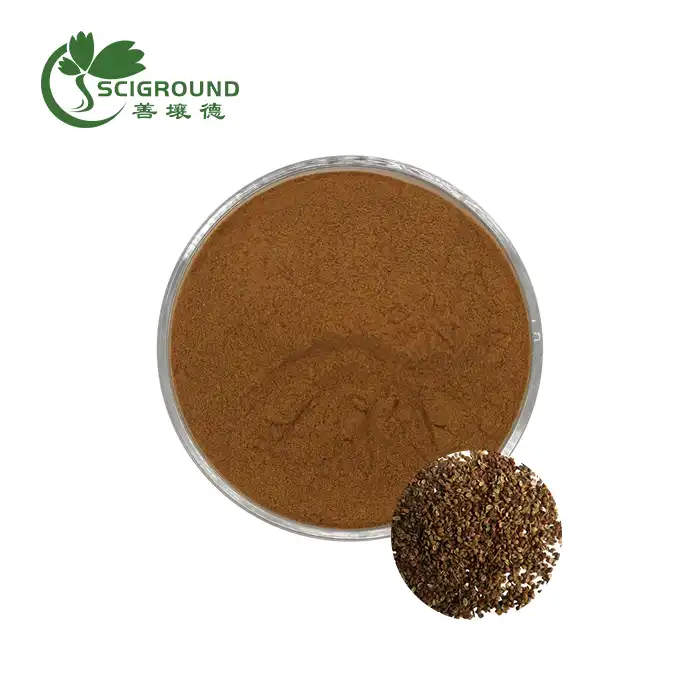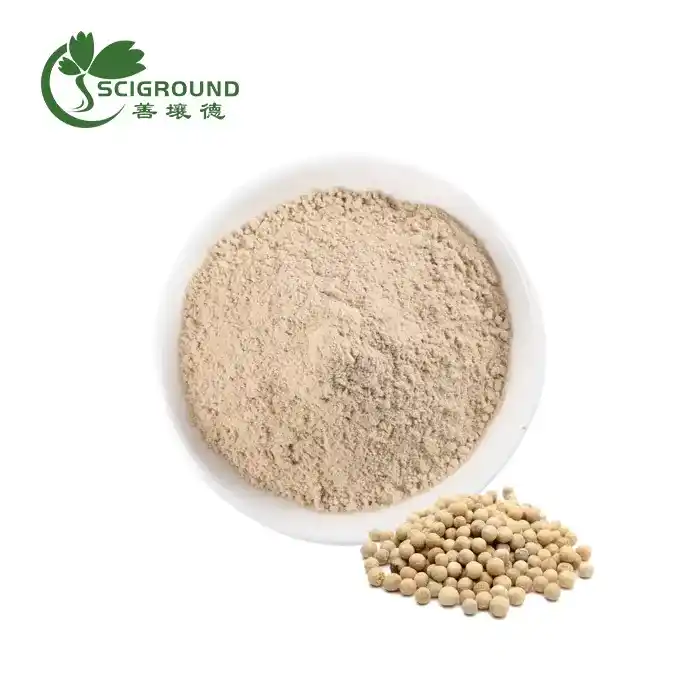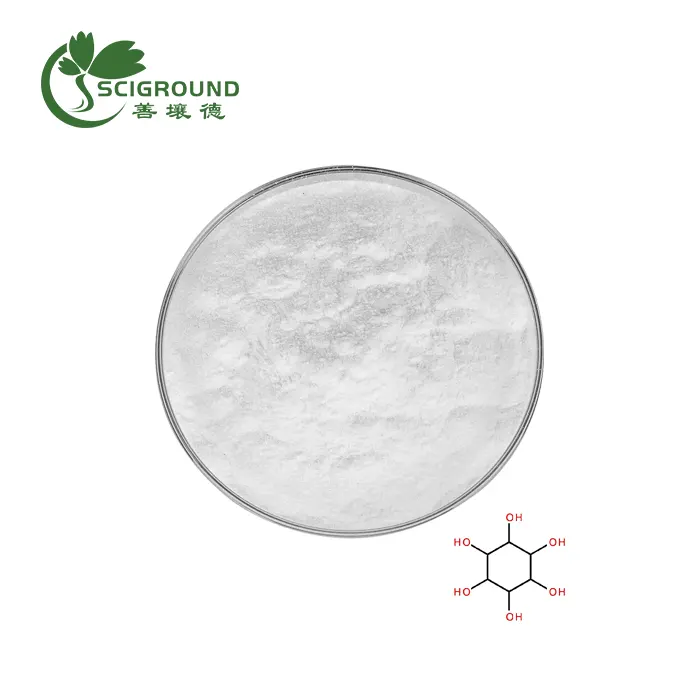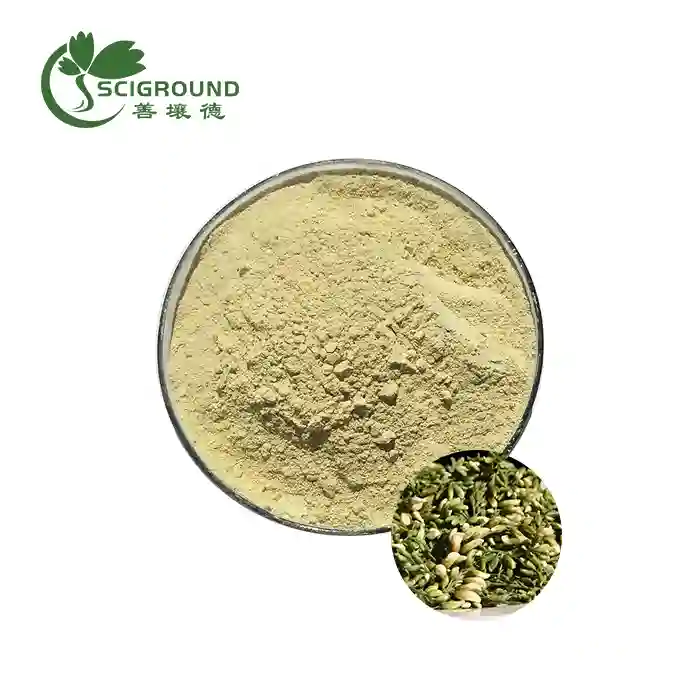What is BCAA in Protein Powder?
The body processes the three significant amino acids valine, leucine, and isoleucine (together alluded to as BCAAs) and involves them as a wellspring of energy for the muscles. Because these three amino acids' chemical structures contain branches, they are known as branched chain amino acids.
Due to their abundance in muscle protein, they have lately been recognized as being crucial to muscle.
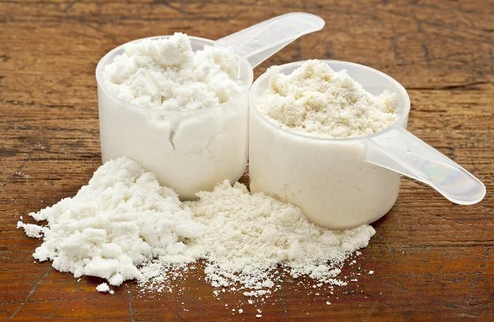
BCAA vs Protein Powder
BCAA stands for branched-chain amino acids. There are three BCAAs - leucine, isoleucine and valine. They make up around one third of the amino acids in muscle protein.
BCAA supplements provide concentrated doses of just the three BCAAs on their own. Protein powders contain all 20 amino acids including BCAAs, forming complete proteins.
While BCAAs stimulate muscle growth through key anabolic pathways, consuming all essential amino acids together is optimal for building new muscle tissue after exercise.
Some protein powders also add extra BCAAs, providing both complete protein and higher BCAA content. But plain protein powders already supply sufficient BCAAs along with the full spectrum of essential amino acids.
BCAA vs Protein For Weight Loss
For fat loss, bulk BCAA powder and protein support calorie restriction through several mechanisms:
High protein intakes enhance satiety, helping adhere to a reduced calorie diet (1).
BCAAs and protein help retain or build calorie-burning lean muscle when cutting (2).
Protein requires more calories to digest than carbs or fat (3).
However, protein provides a more well-rounded source of amino acids compared to isolated BCAAs. Complete proteins help optimize the muscle-preserving effects of amino acids when dieting.
While useful around workouts, BCAAs on their own don't substitute for sufficient total protein intake from whole food or supplemental sources.
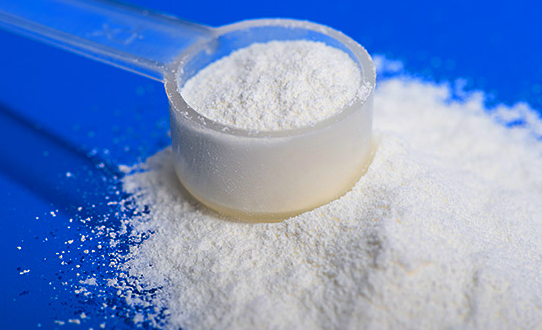
BCAA or Protein For Muscle Growth
When it comes to muscle hypertrophy, protein supplements provide a clear advantage over individual BCAAs:
Essential amino acids are the direct building blocks of muscle tissue, and protein contains all 9 (4).
Post-workout protein intake maximally stimulates muscle protein synthesis and recovery (5).
Pre-sleep casein protein keeps synthesis elevated overnight (6).
That said, adding extra bulk BCAA powder around workouts does offer potential benefits like:
Increased muscle protein synthesis from the high leucine content (7).
Reduced muscle protein breakdown between meals (8).
Improved endurance and reduced fatigue during training (9).
So combining a complete protein like whey or casein with supplemental BCAAs pre/post workout provides maximum muscle building stimulus. But protein should form the foundation.
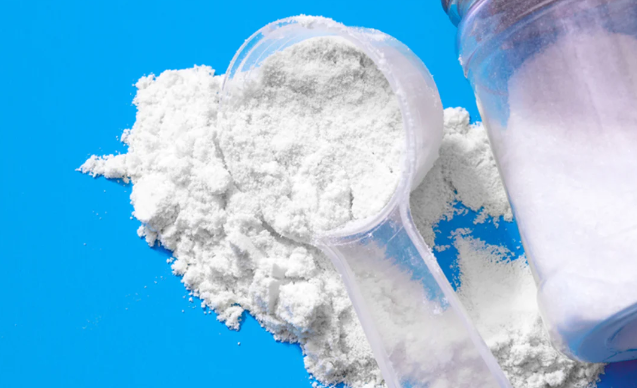
Difference Between BCAA and Whey Protein
Key differences between whey protein and BCAA supplements include:
Whey is a complete protein containing all essential amino acids, while BCAAs provide just 3 amino acids.
Whey has a higher leucine content per gram compared to BCAA powders.
BCAAs can be taken anytime, while whey is ideal after workouts or between meals.
Whey provides more protein-derived calories; Bulk bcaa have minimal calories.
BCAAs enter the bloodstream faster than whey.
Whey has more evidence for muscle building compared to BCAAs alone.
The advantages of whey make it the best foundational protein source for muscle growth and recovery. Added BCAAs offer extra benefits, but not as a replacement for complete protein supplementation.
Is BCAA Good in Protein Powder?
While unnecessary for most people, adding supplemental BCAAs to a protein powder can provide potential benefits by:
Increasing the leucine content for a greater anabolic stimulus (10).
Helping to offset muscle protein breakdown between meals (11).
Providing an intra-workout energy source during training (12).
The amount of BCAAs contained in a typical serving of whey or other protein powders is sufficient though. Supplement stacks that include a complete protein along with standalone BCAAs maximize the muscle-building and recovery process.

Do I Need BCAA to Build Muscle?
BCAA supplementation isn't essential to build muscle. But when combined with sufficient total protein intake, it can support muscle growth through the following mechanisms:
Boosts muscle protein synthesis rates when consuming adequate protein (13).
Decreases muscle protein breakdown during intense training (14).
Improves endurance, strength and recovery from workouts (15).
BCAAs signal muscle growth through activation of the mTOR pathway. But other essential amino acids are still needed to provide the raw materials for new muscle tissue to form.
While beneficial, BCAA intake should be viewed as an addition to - not a replacement for - total protein intake of around 0.6-0.8g per pound of bodyweight daily from a combination of food and supplements.
The Takeaway
Through decades of research, I've found protein supplements provide a more comprehensive amino acid source compared to isolated BCAAs. Complete proteins deliver all the essential aminos needed to maximize muscle protein synthesis.
Strategically adding BCAAs around workouts and between meals can further enhance the muscle-building process. But sufficient high-quality protein intake should form the foundation of any muscle gain or fat loss program.
References:
Weigle DS, Breen PA, Matthys CC, et al. A high-protein diet induces sustained reductions in appetite, ad libitum caloric intake, and body weight despite compensatory changes in diurnal plasma leptin and ghrelin concentrations. Am J Clin Nutr. 2005 Jul;82(1):41-8.
Mettler S, Mitchell N, Tipton KD. Increased Protein Intake Reduces Lean Body Mass Loss during Weight Loss in Athletes. Med Sci Sports Exerc. 2010;42(2):326-37.
Halton TL, Hu FB. The effects of high protein diets on thermogenesis, satiety and weight loss: a critical review. J Am Coll Nutr. 2004 Oct;23(5):373-85.
Devries MC, Phillips SM. Supplemental protein in support of muscle mass and health: advantage whey. J Food Sci. 2015 Mar;80 Suppl 1:A8-A15.
Moore DR, Robinson MJ, Fry JL, Tang JE, Glover EI, Wilkinson SB, Prior T, Tarnopolsky MA, Phillips SM. Ingested protein dose response of muscle and albumin protein synthesis after resistance exercise in young men. Am J Clin Nutr. 2009 Jan;89(1):161-8.
About Author

Celine Xu is a botanist with over 15 years of experience researching and developing plant extracts for nutritional and pharmaceutical applications. She leads an R&D team focused on identification, cultivation and extraction of medicinal plants. Celine Xu earned a Ph.D. in Plant Biology has authored numerous articles in peer-reviewed journals about the health benefits of specific phytochemicals. She frequently speaks at industry conferences about new developments in plant extract research. Celine Xu is dedicated to advancing the scientific understanding of how targeted plant compounds can be used to improve human health.
Related Industry Knowledge
- Unlock Radiant Skin: The Power of Alpha Arbutin Extract
- How to Make Corn Silk Extract
- What are the side effects of clove powder?
- Can you eat Polygala?
- Nutritional Value of Persimmons
- What Does Inulin Do?
- What Does Vitamin B1 Do
- What is creatine monohydrate made from
- Is Pueraria Lobata Powder the Magic Solution for Menopause and More?
- How much bcaa per day
